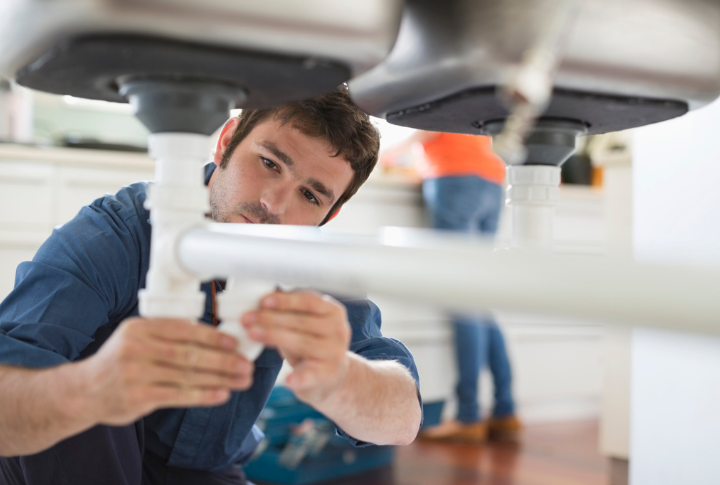
Plumbers have seen it all as professionals who ensure our homes run smoothly. Their expertise is often called upon to fix problems that could have been easily avoided, ranging from small drips to flooding rooms. Let’s explore 15 things plumbers wish homeowners would stop doing to save time, money, and hassle.
Flushing Non-Flushable Items
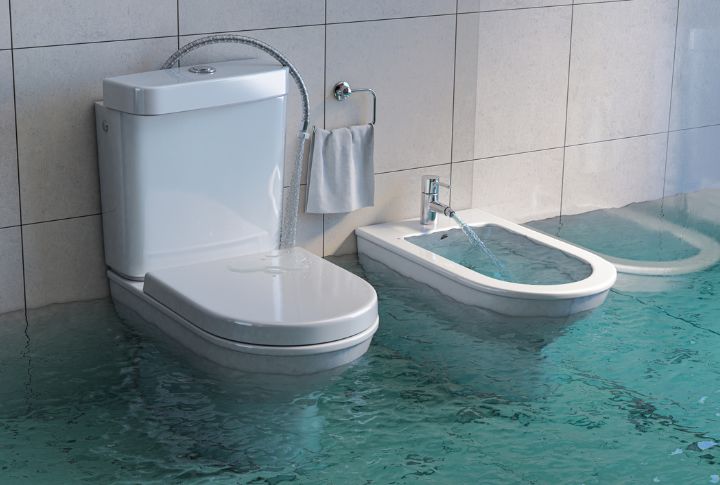
One of the most common issues plumbers encounter is clogged toilets caused by flushing items that should never go down the toilet. This includes wipes (even those labeled as flushable), female hygiene products, paper towels, and cotton swabs. Unlike toilet paper, these items do not degrade and can cause significant blockages.
Using Chemical Drain Cleaners
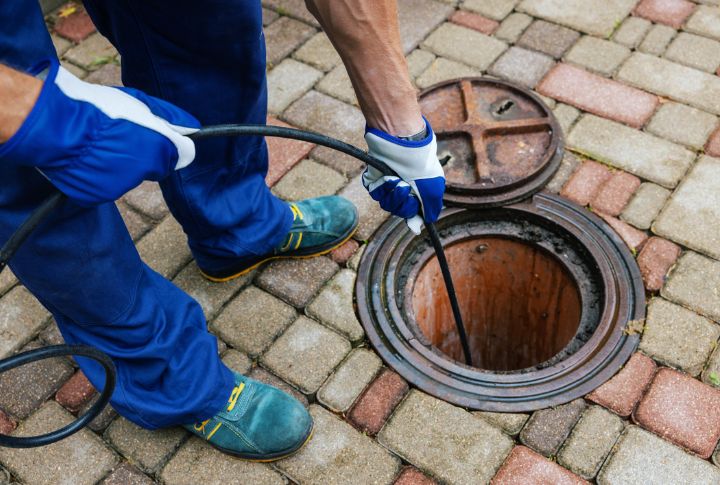
To solve a problem quickly, it might seem logical to use chemical drain cleaners. However, they can lead to more problems than they solve. These chemicals can corrode pipes, leading to leaks and costly repairs. Instead, opt for mechanical methods like a plunger or a plumber’s snake, or call a professional for persistent clogs.
Ignoring Small Leaks
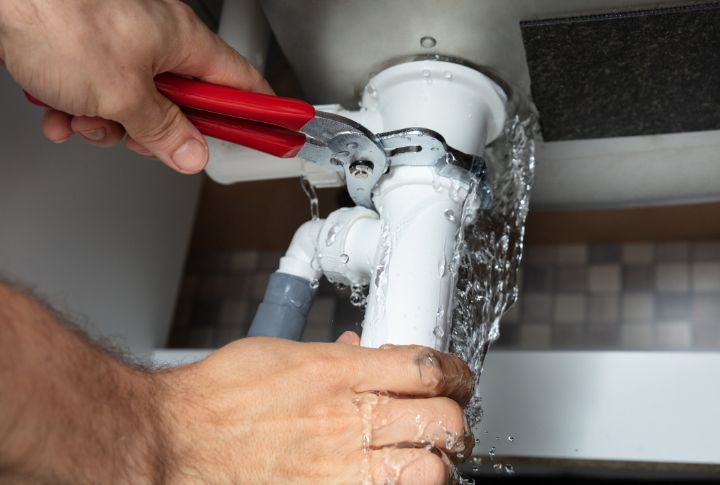
A minor leak under the sink might not seem urgent, but it can lead to water damage and mold growth over time. Addressing leaks in a timely manner can prevent bigger problems down the line and save money on water bills.
Overloading the Garbage Disposal
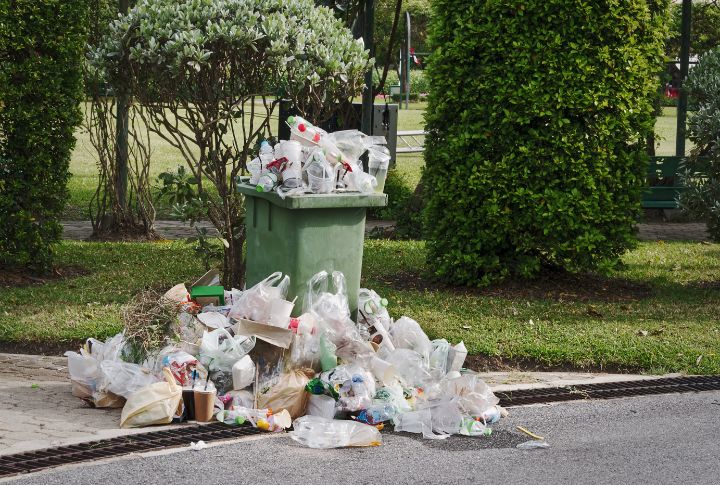
Not all food waste should go down the drain. Avoid putting fibrous vegetables like celery, potato peels, grease, and coffee grounds into the disposal. These items can cause jams and clogs, leading to breakdowns and expensive repairs.
Misusing the Toilet as a Trash Can
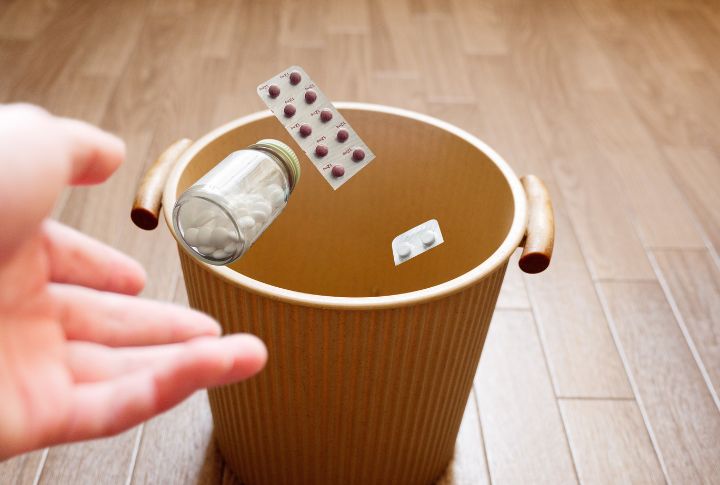
Beyond non-flushable items, many people use their toilets to dispose of medications, food scraps, and other waste. There is no other purpose for toilets than to dispose of excrement and toilet paper. Other items can harm plumbing systems.
DIY Plumbing Without Proper Knowledge
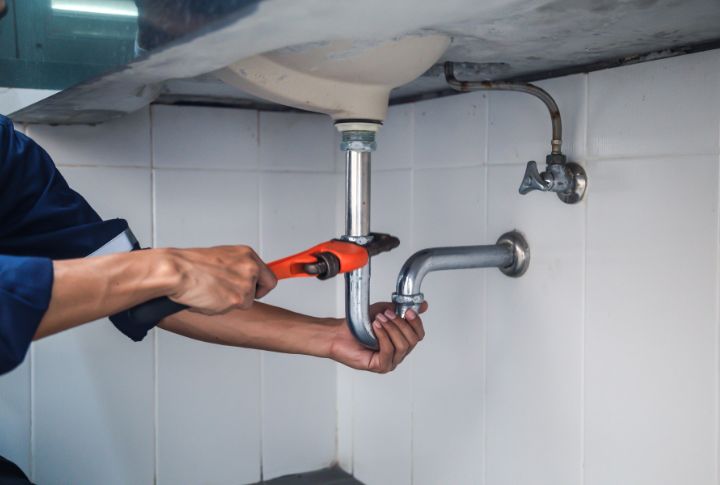
While DIY projects can be rewarding, plumbing is not always a safe bet for amateurs. Improper installation or repair results in leaks, water damage, and flooding. It’s more cost-effective to call a professional from the start.
Neglecting Water Heater Maintenance
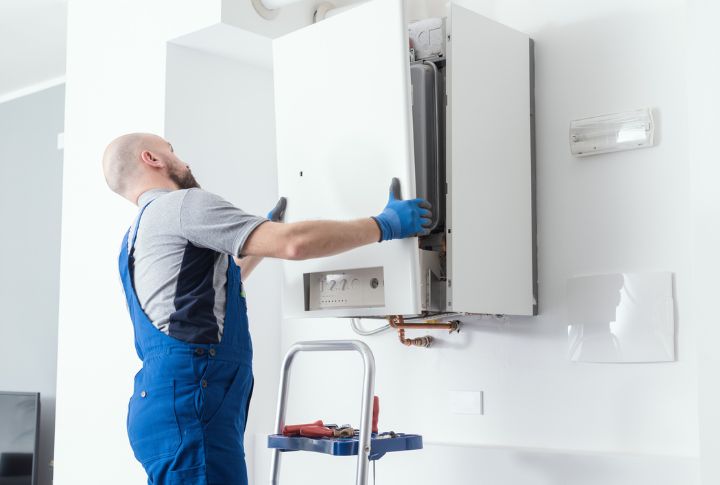
In order to operate efficiently, water heaters require regular maintenance. As part of this process, the tank must be flushed to remove sediment buildup, which may lead to premature failure. Regular inspections by a professional can extend the lifespan of your water heater.
Setting the Water Heater Temperature Too High
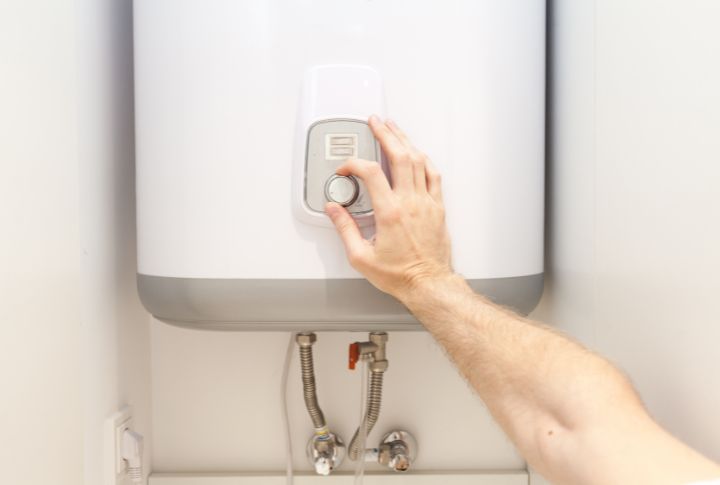
Setting too high a temperature can increase the risk of scalding and wasting energy. The recommended setting is around 120°F (49°C). This is hot enough to prevent bacterial growth and provide sufficient hot water for household use.
Ignoring Hard Water Issues
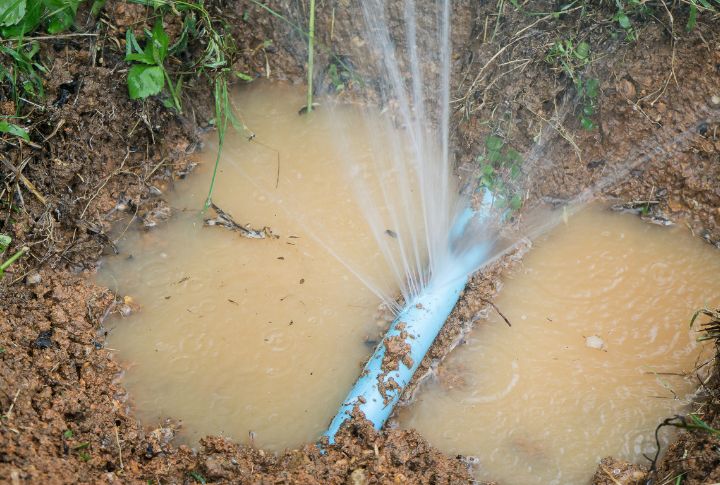
The presence of high levels of minerals in hard water, such as calcium and magnesium, can cause scale buildup in pipes and appliances. Adding a water softener can mitigate these problems and improve its performance.
Skipping Routine Maintenance
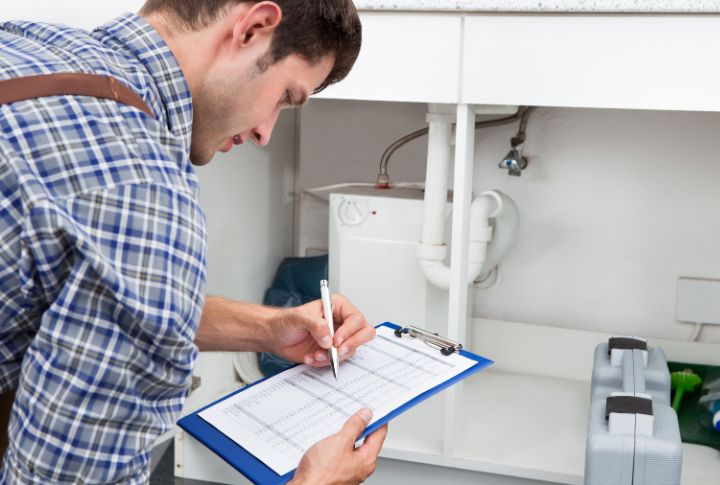
Regular maintenance prevents many common problems. This includes checking for leaks, inspecting pipes, and ensuring fixtures function properly. Scheduling annual inspections with a plumber helps catch issues early.
Pouring Grease Down the Sink
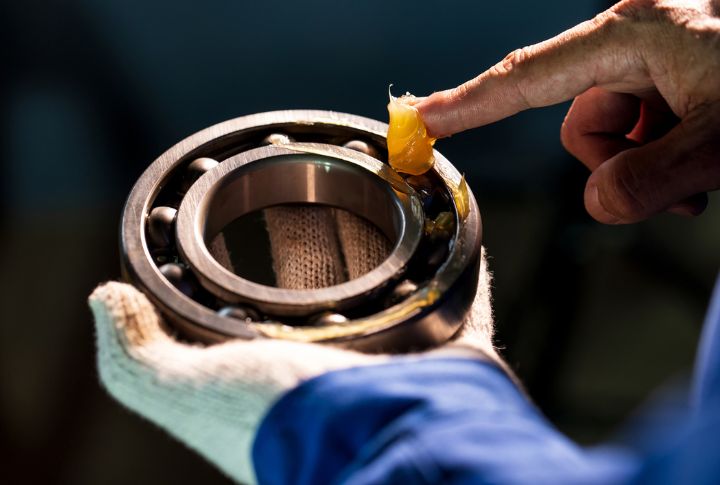
Grease may be liquid when hot but solidifies as it cools, leading to clogged pipes. Instead of pouring it down the sink, let it cool and dispose of it in the trash. Alternatively, collect it in a container for recycling.
Not Knowing the Location of the Main Water Shut-Off Valve
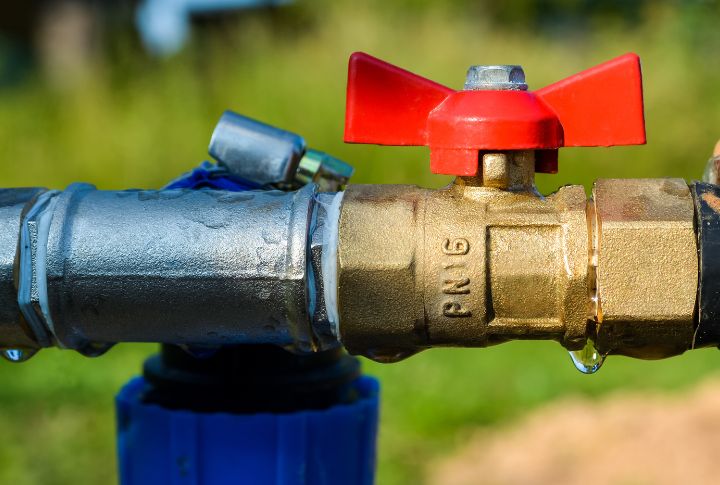
In an emergency, knowing where the main water shut-off valve is located can prevent significant water damage. Every homeowner should be familiar with its location and how to turn it off in case of a burst pipe or major leak.
Over-Tightening Fixtures
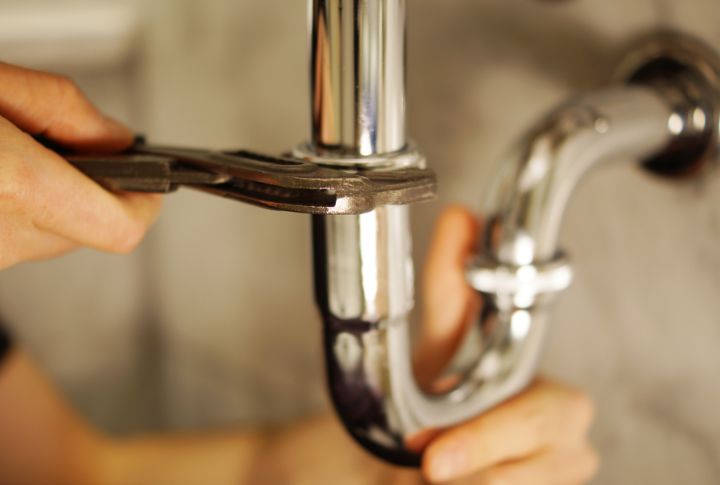
While tightening fixtures as much as possible might seem like a good idea, overtightening can strip threads, crack pipes, and cause leaks. Follow the manufacturer’s torque specifications or consult a plumber when installing or fixing fixtures.
Ignoring Strange Noises
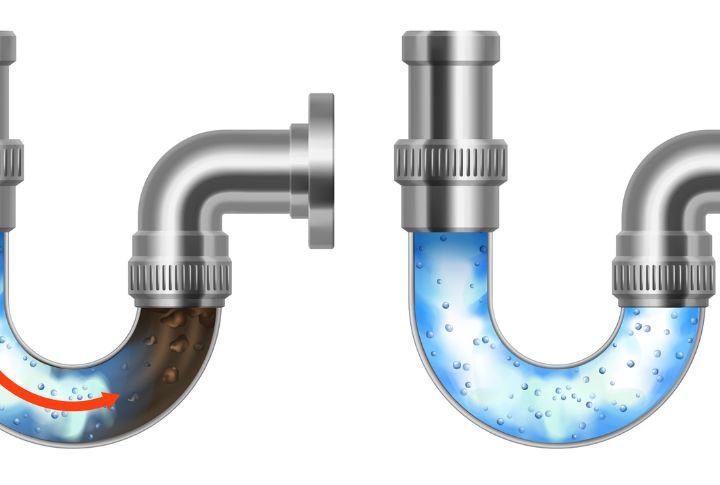
Unusual sounds in your plumbing system, such as banging, gurgling, or whistling, can indicate underlying issues like water hammer, clogs, or air in the pipes. It is important not to ignore such noises as they can lead to more serious problems and have a plumber investigate and resolve them.
Using Drop-In Toilet Fresheners
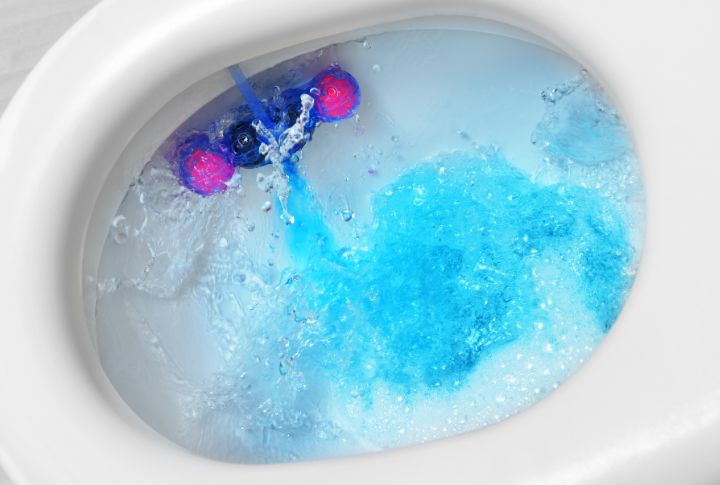
The chemicals used in drop-in fresheners can be harmful to the environment. When flushed, these chemicals enter the water system, potentially affecting water quality and aquatic life. Aware of these environmental impacts, plumbers prefer alternatives that are safer for the ecosystem.
